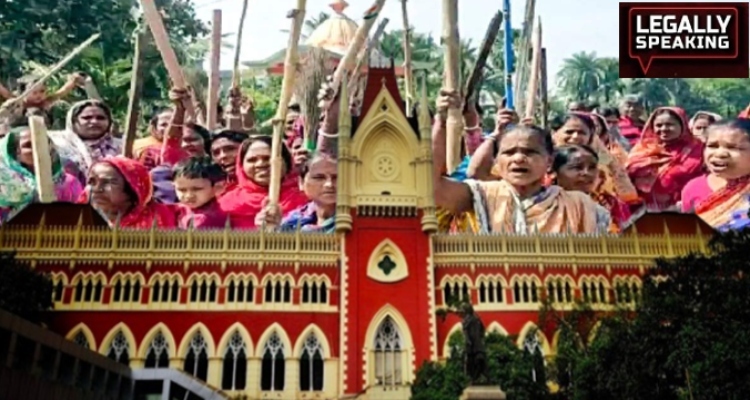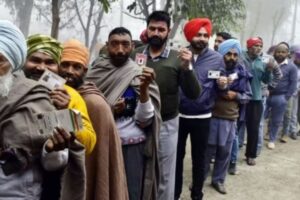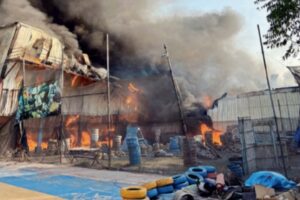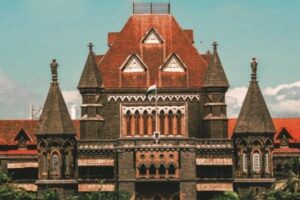
The Calcutta High Court on Thursday rebuked the West Bengal Government during a hearing on the Sandeshkhali violence, stating that even if 1% of the allegations were true, it would be profoundly shameful.
A division bench of Chief Justice TS Sivagnanam and Justice Hiranmay Bhattacharya also reserved its verdict on various pleas seeking an investigation into alleged instances of violence against women and land grabbing in Sandeshkhali, allegedly under the watch of former Pradhan Shahjahan Sheikh and his associates.
Previously, the Court had directed the investigation into the attack on Enforcement Directorate (ED) officials, allegedly orchestrated by Sheikh’s associates, to be transferred to the Central Bureau of Investigation (CBI), along with the custody of Shahjahan Sheikh.
The division bench was hearing public interest litigations seeking an independent investigation into the alleged violence involving Shahjahan and his associates.
Appearing for the Enforcement Directorate (ED), Additional Solicitor General SV Raju, requested the transfer of all criminal cases against Sheikh to the federal probe agency, regardless of their current status. This request was challenged by the Advocate General.
The Court directed the Advocate General to present all cases against Shahjahan Sheikh, following which a decision would be made on whether they should be handed over to the ED.
Advocate Priyanka Tibrewal, in her PIL, proposed the transfer of the investigation to a court-monitored commission, which would compile a report based on complaints from locals. Another advocate called for the Central Bureau of Investigation (CBI) to take over the probe.
Advocate Tibrewal argued that she had personally visited the affected area and received complaints from multiple women who feared approaching the police but wished to voice their objections against the ruling dispensation.
She presented affidavits of women allegedly affected by sexual violence, stating that she would quit her practice if any affidavit was proven false.
“If they prove a single affidavit is wrong, I will quit my practise forever,” advocate Tibrewal strongly remarked.
In response, Chief Justice Sivagnanam expressed strong discontent with the contents of the affidavits, stating that if even 1% were true, it would be shameful. He questioned the claim that West Bengal was the safest for women.
“The entire district administration and ruling dispensation must owe a moral responsibility. Even if [the affidavit] 1% is true it is absolutely shameful. And West Bengal says it is safest for women? If one affidavit is proved to be right all of this falls.”
An intervenor’s advocate remarked on the total failure of law and order in the region, citing instances of land grabbing and fear among locals.
AG Ashoke Chakrabarti suggested that while a commission would be prudent, guidelines needed to be established for its operation. Another advocate sought a CBI probe and the deployment of CRPF personnel to restore confidence.
Advocate General for the state, Kishore Datta questioned the motivations behind the PILs, particularly highlighting political affiliations. He argued that such litigants appeared only after headline incidents and lacked thorough research.
Datta argued for the efficacy of state investigating agencies and questioned the motives of the central agencies. DSG Dhiraj Trivedi countered, alleging obstruction by the state administration.
After hearing all parties, the Court reserved its judgment in the matter.





